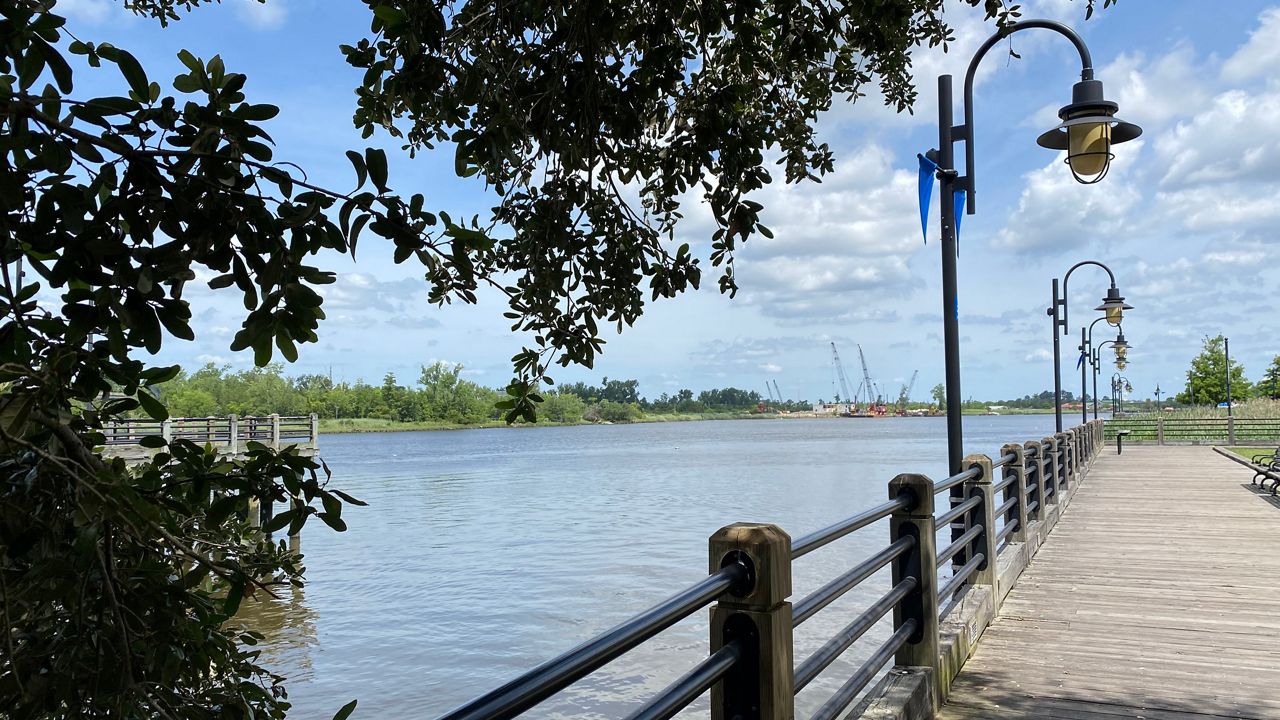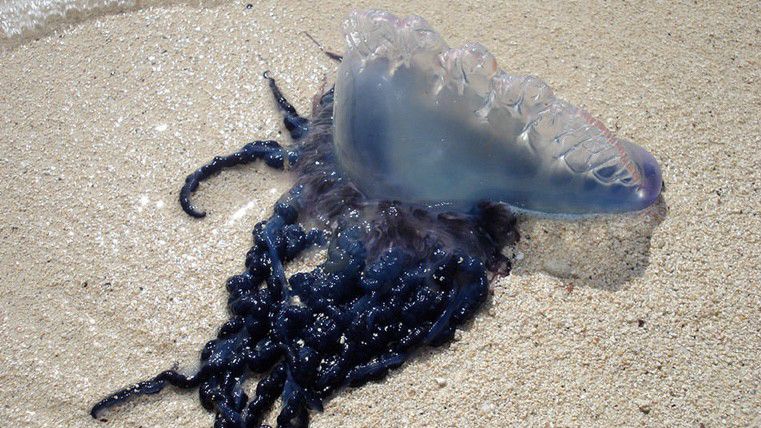For years, a chemical called GenX flowed out of the Chemours factory near Fayetteville into the Cape Fear River. After the state sued over the pollution, the company agreed to stop the contamination and clean up the chemicals in surrounding groundwater.
In the new legal settlement, signed with the state this week, Chemours said it would continue a massive cleanup project at the Bladen County plant. But, the company had doubts about being able to stop all the pollution from reaching the river.
Chemours may be able to adjust its pollution limits if it can’t remove 99% or more of the chemicals flowing from around the plant into the river, according to the new deal signed with state regulators.
“Currently, contaminated groundwater from the facility site flows untreated directly into the Cape Fear River,” the North Carolina Department of Environmental Quality said in a statement.
The chemical, which is used for things like coating non-stick pans, was found in wells near the plant and in drinking water supplies as far downriver as Wilmington and Wrightsville Beach.
GenX is part of a class of chemicals called PFAS or PFOA, known to many as “forever chemicals” because they do not break down in the environment.
“This work is in the public interest to reduce remaining legacy PFAS loading to the Cape Fear River,” Chemours said in a statement.
“At the same time, the agreement recognizes Chemours’ position that compliance with the final limits cannot be assured until after the system is constructed and becomes operational,” the company said.
A big part of the problem at the Chemours plant is pollution in the groundwater around the site that continues to flow into the river. To fix the groundwater problem, Chemours agreed to build a wall underground to stop the groundwater from getting into the river. The company also agreed to dig wells to clean the polluted water before putting it in the river.
“This project is designed to reduce the largest ongoing source of PFAS at the Chemours facility that contaminates the river and reaches downstream water intakes,” the Department of Environmental Quality said Monday.
The North Carolina Department of Environmental Quality has been working since 2017 to stop GenX and PFAS pollution from the Bladen County plant. Chemours and state regulators signed a consent agreement in 2019 requiring the company to “significantly reduce” dumping PFAS into the river, reduce air pollution from the plant and test groundwater around the site.
Since that first agreement, Chemours has also been providing bottled water to people whose wells were contaminated by the chemicals.
The legal and regulatory wrangling has gone on for years. When researchers first found GenX in drinking water in Cape Fear River communities, including Wilmington, the chemical wasn’t even regulated by the EPA or the state when the extent of the pollution came to light in 2017.
In June of this year, the EPA issued its final health advisory on GenX in drinking water, setting a 10 parts-per-trillion limit. That replaces the state’s goal of 140 ppt set in 2018.
The new settlement adds some uncertainty to the agreement between Chemours and the state. This all has to do with a water discharge permit issued to the company in September. Chemours appealed the permit in October and the company and state regulators signed this new agreement Monday.
The original agreement was to remove more than 99% of the PFAS chemicals from groundwater before pumping it back into the river. They have to hit that goal by March 2023.
But in the settlement this week, the state agrees that if Chemours can prove that hitting the goal “is not technologically feasible within the time frame established,” they can modify the permit. It essentially gives Chemours a little wiggle room if the plan to treat the groundwater doesn’t work as well as they think it will.
“In the six-month period after startup of the system, Chemours will optimize the installed treatment system and make modifications, as feasible, to further reduce PFAS discharges and meet the permit requirement,” a company spokeswoman said in an email to Spectrum News 1.
Within seven months of getting the new system up and running, the company will give state regulators an updated plan to remove as much of the chemicals as possible before dumping the water in the river, the Chemours spokeswoman said.
The agreement does note that Chemours still agrees to clean up the site and do everything else it promised in the original consent order.
Per- and polyfluoroalkyl substances, known as PFAS, include GenX and thousands of other chemicals. They’re called “forever chemicals” because they do not break down in the environment.
The man-made chemicals are used for things like stain-resistant carpets and clothes, nonstick pans and firefighting foam, according to the EPA.
They’re found in all sorts of everyday items, like food wrappers, microwave popcorn bags and takeout containers.
PFAS pollution shows up around where they’re made, like the Chemours plant in Bladen County, and where they’re used, like airports where firefighters train with foam to extinguish jet fuel fires.
Once on the ground, the chemicals can make their way into drinking water supplies and then into humans.
According to the EPA, “GenX chemicals have been linked to health effects on the liver, the kidney, the immune system, and developmental effects, as well as cancer.”
In the original consent order, Chemours agreed to pay for testing drinking water supplies and private wells downstream of the Cape Fear River plant. The company also agreed to pay to provide bottled water and filtration systems for homes and businesses with GenX in their water.
The goal of the current work at the plant is to seal off the groundwater and clean it before it reaches the river.
“DEQ expects Chemours to take necessary actions to comply with the permit conditions and the Consent Order and meet its obligations to clean up the PFAS contamination impacting thousands of residents in at least eight counties and provide them with alternate water,” the department said in a statement Monday.
“DEQ will continue to hold Chemours accountable for the cleanup and for preventing future impacts to North Carolinians,” the department said.








)
